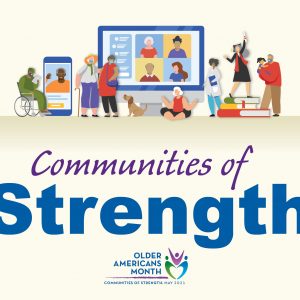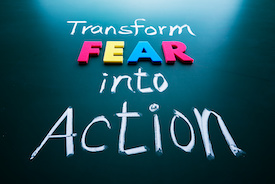Memory Care - Do You Have What It Takes?

 It’s no secret that memory care is one of the fastest growing senior care service, providing healthcare professionals increasing opportunities. But, if you are new to dementia care, I suggest you ask: “Am I really prepared?” and “Do I have what it takes?” Serving people with dementia requires a unique combination of knowledge, skills and personal awareness.
It’s no secret that memory care is one of the fastest growing senior care service, providing healthcare professionals increasing opportunities. But, if you are new to dementia care, I suggest you ask: “Am I really prepared?” and “Do I have what it takes?” Serving people with dementia requires a unique combination of knowledge, skills and personal awareness.
Be Informed
Knowledge gives you a foundation to act from. When informed, you can offer your care with confidence and ease. It’s essential to be informed about the characteristics and needs of people with dementia, such as:
- Age related changes. It is important to understand the “normal” physical and functional changes of aging versus changes that are manifestations of a disease resulting in symptoms of dementia.
- Common conditions found in eldercare settings. If you work in long term care, you will encounter people living with the effects of stroke, Parkinson’s disease, Alzheimer’s disease, hip fracture, cancer, among others. A basic understanding of these conditions will ensure that you provide safe, effective and meaningful service.
- Special needs of elders in facility care. Those who live in care settings are often dealing with loss, grief, feelings of helplessness, lack of control, boredom, touch deprivation and feelings of isolation. Your awareness and compassionate acknowledgement of these sensitive issues will deepen your therapeutic relationship with each individual.
Develop Skills
Working in memory care requires a set of skills that go beyond basic caregiver training. While being skilled in your profession is important, this work often requires creativity and flexibility because of communication challenges.
- Adaptability. Letting go of expectations is often called for in order to respond to the needs of your client in the moment.
- Communication skills. There will be times when a person is unable to speak, or speaks with garbled speech that is hard to understand. Others will be confused or have severe memory loss. Still others will want to share their feelings and stories with you. Many will be hard of hearing. A variety of communication skills are required to relate to the individuals you will serve.
Deepen Your Self- Awareness
Knowing yourself and affirming your ability to be a compassionate presence is perhaps the greatest gift you can offer those you serve. Working with elders will challenge you to learn about yourself and will teach you about the profound nature of service. The following questions reflect awareness that arises if you let those you serve be your teacher and allow yourself to grow from your experience.
- What personal gifts do YOU bring to those you serve?
- What are your fears about working with people with dementia?
- What are my attitudes and beliefs about aging or death and dying?
- How might I handle the emotional impact of this work?
- How can I take care of myself I avoid burning out?
- Do I have a support system or community of like-minded people who I can share my experiences with?
Serving elders in your work is obviously a bit complex, but if you make an effort to be informed, enhance your skills and deepen your awareness then your answer to the questions, “Am I prepared?” and “Do I have what it takes?” will be a resounding “YES!” and you will be on your way to discovering the rewards of this work. And those elders whose lives you touch will be uplifted by your efforts, and, more importantly, they will be uplifted by your presence.


